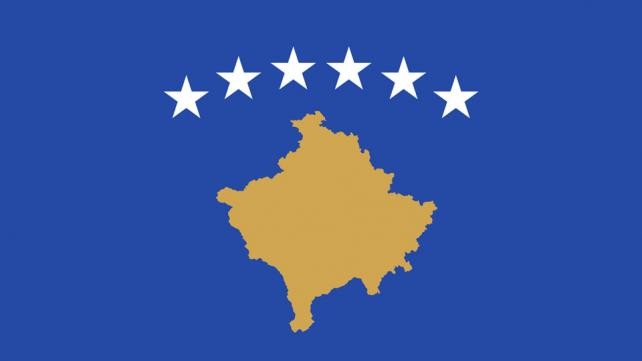
“Never!” Raza Sahiti spat when asked if she thought Albanians and Serbs could ever cohabit Kosovo in peace. A large group of men and women around her shook their heads in agreement.
Sheide Derakaj, 32, joined in for the first time with an angry torrent.
“Absolutely not,” she began, her voice rising fast. “How can we live with Serbs, who have surrounded us four times, traumatized our children, taken our men, killed us? Impossible.”
(excerpt from an Associated Press report by Mort Rosenblum from Morina, Albania, April 16, 1999).
*******************************
The refugees enter, hour upon hour, into neighboring countries.
They may come from different parts of Kosova, but their stories are the same: massacres, burnings, destruction, rapes, mutilations, throat-slittings: these are among the atrocities they have endured or witnessed at the hands of the Serbs.
If anyone had doubts about granting Kosova independence, these should have been eliminated after witnessing Serb atrocities against the mostly Muslim Kosovars, who, prior to the “ethnic cleansing” sanctioned by Serbian president Slobodan Milosevic, made up about 90 percent of Kosova's two million people.
According to the United Nations High Commissioner for Refugees (UNHCR), on May 4, the estimated number of refugees and displaced people from Kosova has reached over 677,000.
The fact that Serb neighbors could even do this to those they have been living with for years makes it clear there is no way Kosovars can ever be ruled by Serbs again, in particular with the current government in place. The only way Muslim Kosovars can return to their homes in safety and continue to live there in that state is by granting Kosova independence.
The status quo for Kosovars prior to hostilities that began in February last year was bad enough.
Kosova had been granted autonomy within Serbia under a new constitution in 1974 by then-communist leader Josip Broz Tito . This autonomy, however, was taken away by Milosevic in 1989, who installed a military government in the province. Since then, Kosovars have been denied numerous rights, and in response had set up a parallel government.
While Serbs claim to have religious and historical ties to Kosova, they do not make up the majority of the population there.
If Kosova remains in Serbia, Milosevic will have a major problem of legitimacy. No right-minded human being, Serb or Kosovar, can tolerate this sick and barbaric dictator ruling his or her country or province. As a leader, Milosevic has no political legitimacy that could grant him the approval of ruling over Kosova.
Finally, those who are terrified of altering Europe's borders to incorporate the new independent state of Kosova should remember that the continent's boundaries are not set in stone. In fact, it was the establishment of these current boundaries, at the expense of ethnic differences, that are partly to blame for the current situation.
According to a March 21 Associated Press report by Robert Reid, after the First Balkan War in 1912, major European powers assembled a conference in London, England to redraw maps and restore stability to the region which had been vacated by the Turks.
At this conference, Serbia insisted on the recognition of its claim to Kosova. The new Albanian state, which was proclaimed during the war in 1912, also demanded Kosova. The Albanians argued they had a historic right to the territory.
However, the Western powers wanted to support Serbia to counter Russian and Turkish claims in the southern Balkans. This is why they gave Kosova to the Serbs. The move left close to one-third of Albanians living outside the borders of the new Albanian state.
Atrocities, barbarity and inhumanity at the hands of the Serbs should be enough to disqualify them from ever ruling Kosova, despite religious and historic claims. But the Kosovar refugees' right to return to their original homes, to be governed and live in an environment of peace, safety and freedom, are also why Kosova must be granted independence.
"Flag of Kosovo" by Cradel (current version), earlier version by Ningyou - Originally from Image:Flag of Kosovo.png.. Licensed under Creative Commons Attribution-Share Alike 3.0 via Wikimedia Commons - http://commons.wikimedia.org/wiki/File:Flag_of_Kosovo.svg#mediaviewer/File:Flag_of_Kosovo.svg

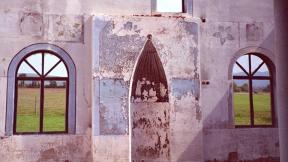
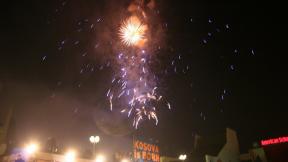

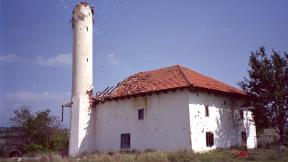
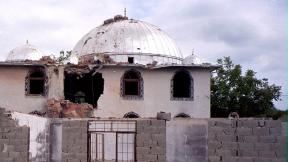


Add new comment